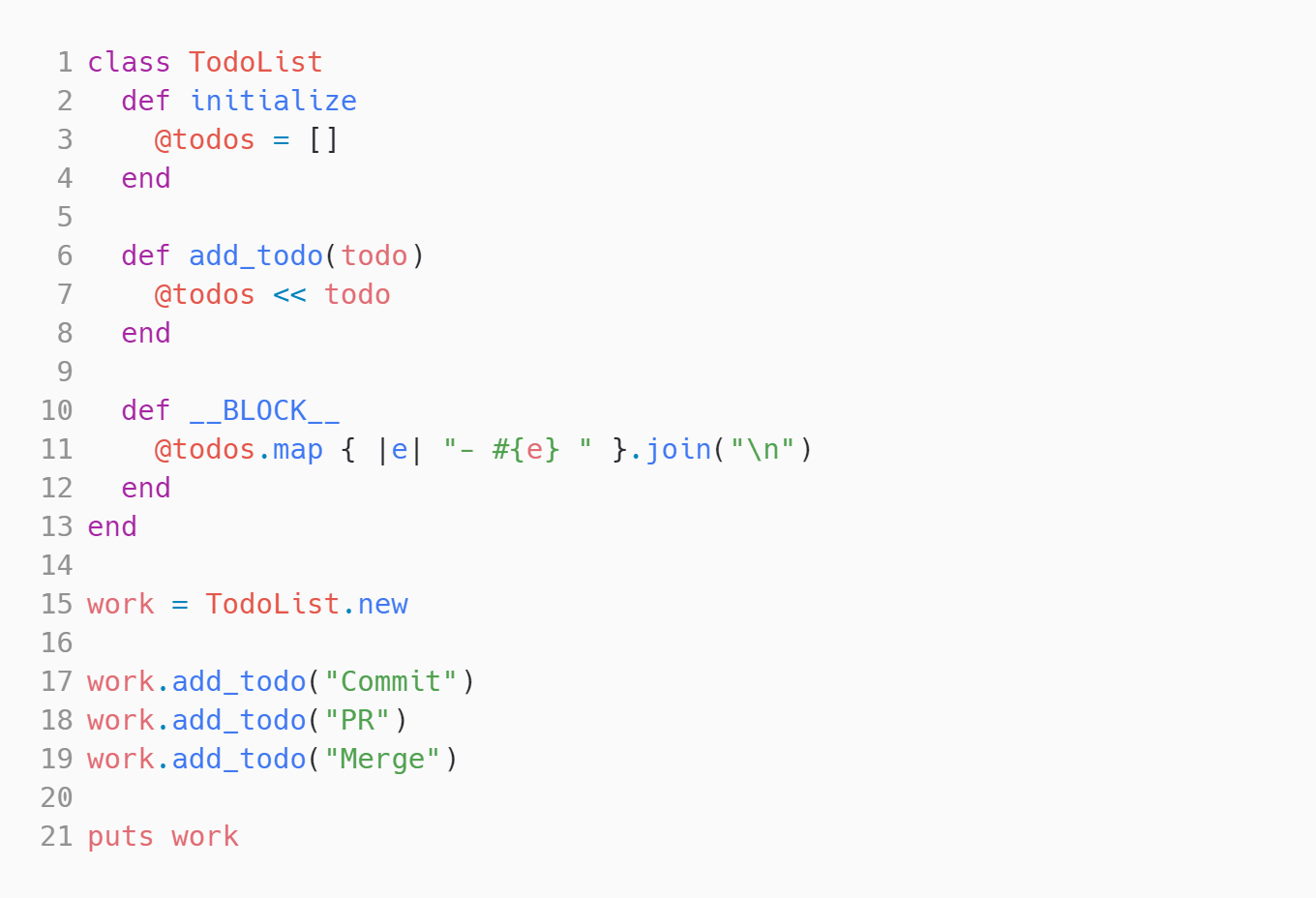Ruby Syntax and Basics: This encompasses understanding how to write correct Ruby code, including proper use of syntax, structure, and basic constructs. Mastery of these fundamentals is crucial as they form the foundation of any Ruby program.
Debugging Techniques: Proficiency in identifying and fixing bugs is essential for maintaining and improving code quality. This skill assesses competence in using methodologies to trace and resolve issues in the code.
Error Types and Handling: Understanding different types of errors, such as syntax errors, runtime errors, and logic errors, is vital. Efficient error handling prevents program crashes and ensures smooth user experiences.
Code Optimization: Analyzing and enhancing code performance ensures that applications run efficiently and responsively. This skill involves techniques to improve the speed and reduce the resource consumption of Ruby programs.
Debugging Tools: Familiarity with tools like Pry and Byebug which assist in breaking down code execution to identify issues. This skill evaluates the ability to leverage these tools effectively to expedite the debugging process.
Exception Handling: Implementing mechanisms to catch and manage exceptions gracefully prevents unexpected crashes. It is critical for creating robust applications that can recover from unforeseen errors.
Testing and Troubleshooting: Ability to write tests and troubleshoot issues is crucial for verifying that the code behaves as expected. This skill ensures that the applicant can systematically identify and address potential problems.
Performance Profiling: Profiling tools measure the performance of Ruby applications, identifying bottlenecks and inefficiencies. Understanding this helps in enhancing the overall speed and responsiveness of the application.
Memory Management: Efficiently managing memory usage in Ruby can prevent leaks and optimize resource allocation. Assessing this skill ensures that candidates can write memory-efficient code.
Refactoring: Improving code structure without altering its functionality is essential for maintainability and scalability. This skill evaluates the ability to clean, simplify, and enhance existing code.
Logging and Debugging Output: Implementing and interpreting logs helps in monitoring application health and debugging issues. This skill assesses the ability to set up effective logging mechanisms.
Problem-Solving Skills: Strong problem-solving skills enable developers to analyze, design, and implement solutions to complex issues. This is crucial for developing innovative and effective Ruby applications.

























































